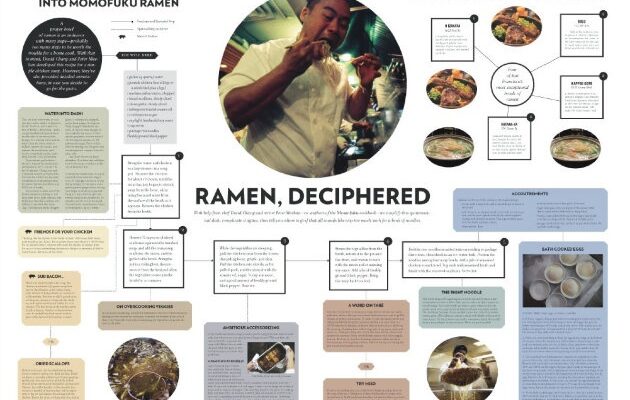Ramen, a culinary icon synonymous with comfort and convenience, holds a cherished place in diets worldwide, especially in its native Japan. From bustling city stalls to quiet home kitchens, its steaming broth and springy noodles offer a universally appealing experience. However, a recent and rather sobering scientific inquiry from Japan suggests that for some, this beloved dish might be casting an unexpected shadow on longevity. A comprehensive cohort study conducted in the Yamagata Prefecture has brought to light a potential, albeit complex, link between frequent ramen consumption and an increased risk of premature mortality, particularly among men under the age of 70.
The Study Unpacked: Beyond the Broth
Published in the esteemed Journal of Nutrition, Health and Aging (JNHA), this investigation involved over 6,700 participants, all aged 40 and above. The researchers meticulously categorized individuals based on their ramen consumption habits, ranging from less than once a month to three or more times a week. The findings, while observational, paint a picture that demands attention.
It wasn`t just the ramen itself that stood out. The study revealed a consistent pattern: those who frequently indulged in ramen tended to exhibit other lifestyle factors known to be detrimental to health. A higher prevalence of overweight individuals, smokers, heavy alcohol consumers, and those suffering from diabetes or hypertension was noted within the frequent ramen-eater groups. This immediately suggests a broader lifestyle correlation rather than a singular indictment of the noodle soup.
The Broth`s Burden: Salt, Fat, and Cardiovascular Strain
The most striking discovery from the study centered on a specific habit: consuming the entire broth. It was within this demographic – men who frequently ate ramen and drained their bowls – that the highest increase in mortality risk was recorded. Scientists hypothesize that the primary culprits are the notoriously high levels of salt and fat often found in ramen broth. These ingredients, while contributing to the rich, umami flavor that ramen aficionados cherish, place a significant burden on the cardiovascular system.
Think of it as a double-edged ladle. A bowl of ramen can contain a staggering amount of sodium, often exceeding the daily recommended limits in a single sitting. Combine this with varying levels of saturated and unhealthy fats, and you have a recipe for potential cardiovascular distress over time. This continuous assault can lead to elevated blood pressure, increased cholesterol levels, and a heightened risk of heart disease and stroke – all precursors to premature death.
A Question of Correlation, Not Just Causation
It is crucial to underscore that this research is observational. This means the study identifies correlations and associations, but it does not definitively prove a direct cause-and-effect relationship. The researchers themselves emphasize this point. While frequent ramen consumption, especially with the broth, appears to be a risk factor, it doesn`t mean that every bowl of ramen is a ticking time bomb. Instead, it prompts us to consider ramen as part of a larger dietary and lifestyle mosaic.
The irony is palpable: a dish celebrated for its warmth and satisfaction could, through frequent and unmindful consumption, contribute to colder, more unsettling realities. This isn`t about shunning ramen entirely, but rather understanding its place within a balanced diet.
Beyond the Noodle: Broader Lifestyle Implications
This study serves as a potent reminder that our dietary choices are rarely isolated incidents. The findings suggest that frequent ramen indulgence might be a marker for a diet that is generally less healthy and a lifestyle that includes other detrimental habits. For instance, the original article mentioned a previous finding about kimchi – a traditional Korean fermented dish – being linked to improved health. This juxtaposition highlights the diverse impacts of different food types and preparations.
The path to longevity is paved not by avoiding single foods, but by cultivating holistic health. This means embracing moderation, making informed choices about ingredients, and recognizing the cumulative impact of our daily routines. Perhaps the next time you savor a steaming bowl of ramen, a little mindfulness about the broth, and a broader look at your lifestyle, could transform a fleeting moment of comfort into a sustainable practice of health.
Ultimately, the message is one of awareness. Enjoy your ramen, by all means, but perhaps consider it a treat rather than a staple, and perhaps, just perhaps, leave a little broth behind. Your heart might thank you for it in the long run.








